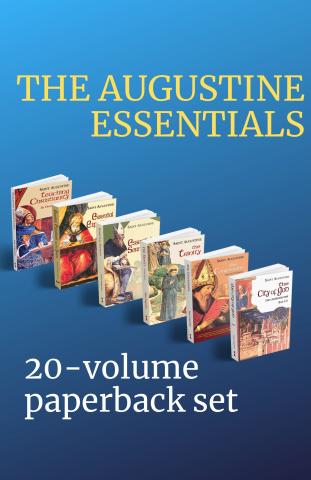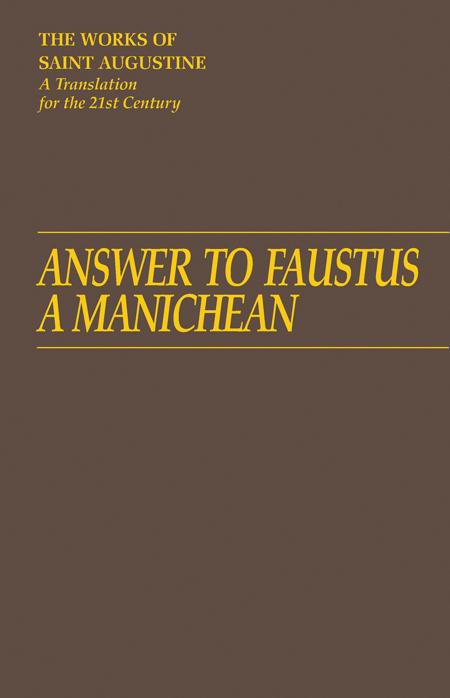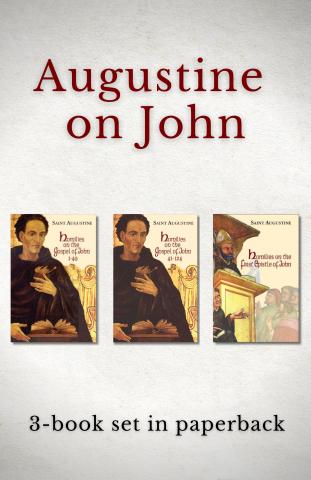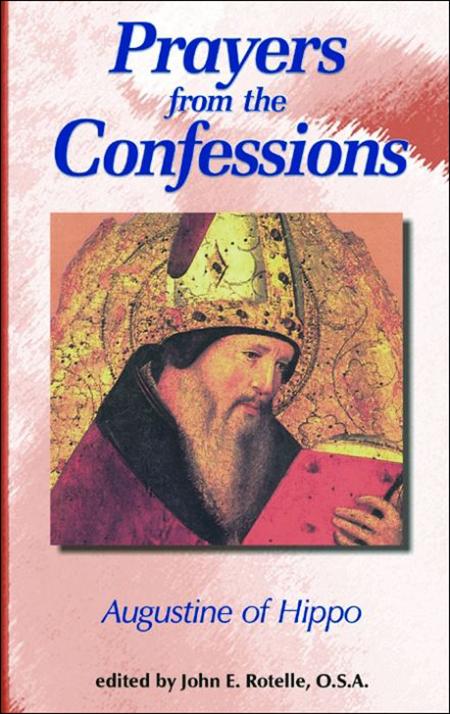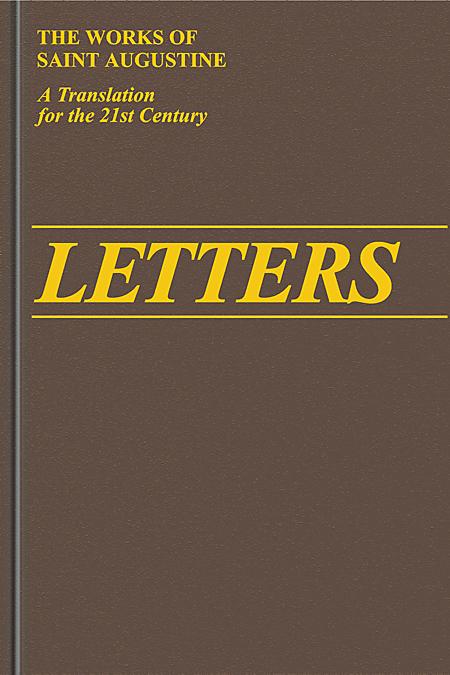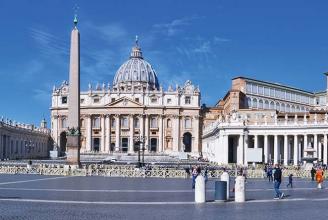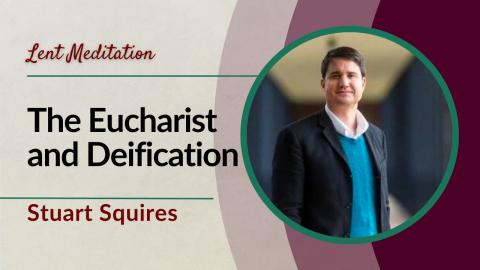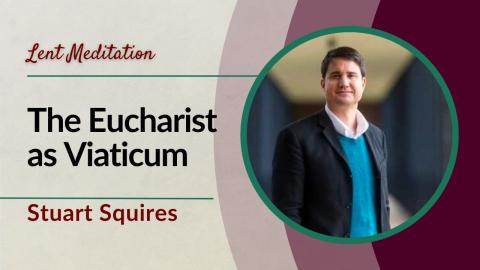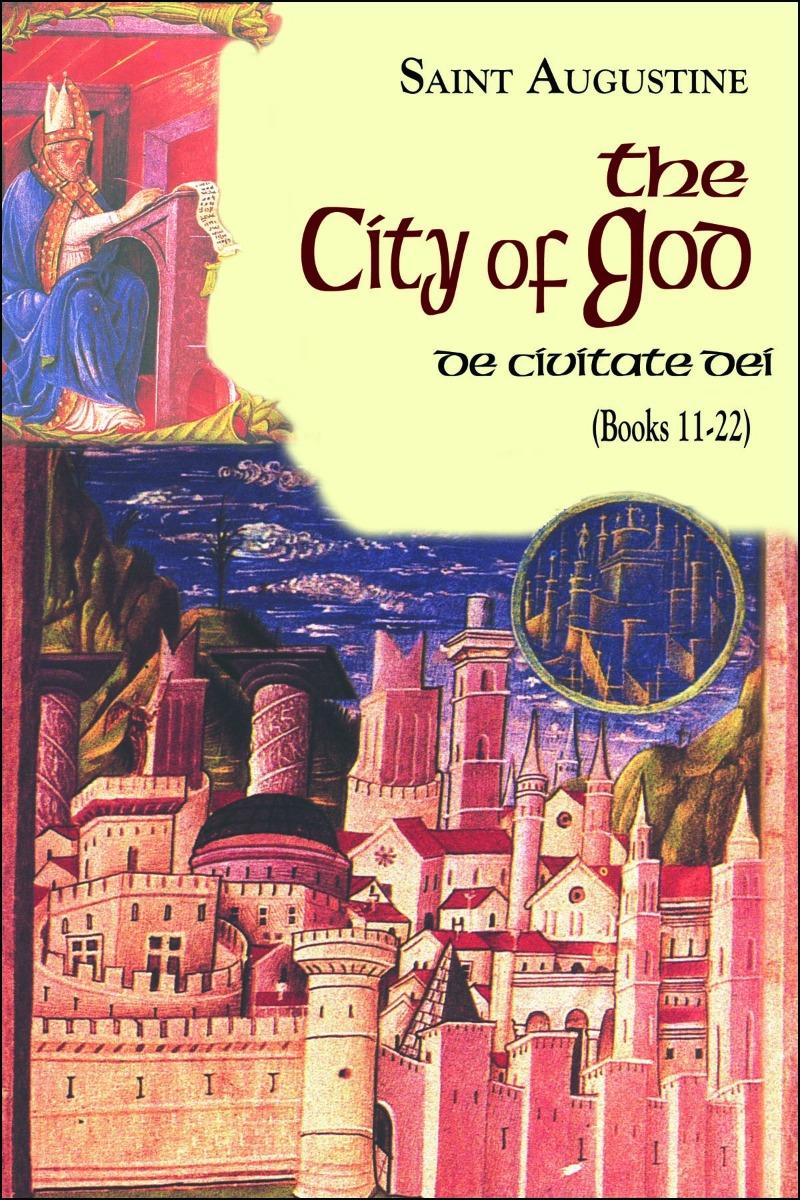
The City of God (11-22)

About the book
Books 11-22 offer Augustine’s Christian view of history, including the Christian view of human destiny. The Index for Books 1-22 is included. Along with his Confessions, The City of God is undoubtedly St. Augustine’s most influential work. In the context of what begins as a lengthy critique of classic Roman religion and a defense of Christianity, Augustine touches upon numerous topics, including the role of grace, the original state of humanity, the possibility of waging a just war, the ideal form of government, and the nature of heaven and hell. But his major concern is the difference between the City of God and the City of Man – one built on love of God, the other on love of self. One cannot but be moved and impressed by the author’s breadth of interest and penetrating intelligence. For all those who are interested in the greatest classics of Christian antiquity, The City of God is indispensible.
This long-awaited translation by William Babcock is published in two volumes, with an introduction and annotation that make Augustine’s monumental work approachable. Books 11-22 offer Augustine’s Christian view of history, including the Christian view of human destiny. The INDEX for Books 1-22 (both volumes of The City of God) is contained in this edition.
Endorsements
The timeless works of St Augustine of Roman North Africa continue to excite the minds of Euro-American scholars. His views of God, human beings, the world, governance, theology, and education provide starting points for considered discussions and actions. Undoubtedly, The City of God is one of his best known works. It speaks about two loves, two cities, and two destinies, namely the love of human beings to God and to the world, the city of God and the city of human beings, and the eternal punishment for the wicked and the enduring bliss for the godly. William Babcock enables his readers, who are accustomed to modern Euro-American ways of thinking and categorizing realities, to grasp St. Augustine’s intended thoughts and purposes. The introductory information in front of each book and the footnote references to relevant biblical passages and other contextual sources provide necessary orientation and clarification. The Index of Scripture (pp. 555–567) and the extensive general index (pp. 569–611) refer the readers to appropriate passages not only in this present volume, but also in the previous volume (Part I: Vol. 6, Books I–X). Every reader who wishes to understand the content and meaning of The City of God will find this book extremely valuable. Hence, I recommend it wholeheartedly.
This is a magnificent new translation, sure to be welcomed by readers of Augustine old and new. It is certainly worthy of a place among the great translations of this work, offering an eminently readable and accurate rendition. One forgets one is reading a translation -- isn't that the goal of all great translating? Highly recommended.
This lucid translation of Augustine’s complicated Latin text, complemented by an expert introduction and helpful notes, is a remarkable achievement indeed. A new jewel in the crown of an already famous series that is highly appreciated worldwide.


